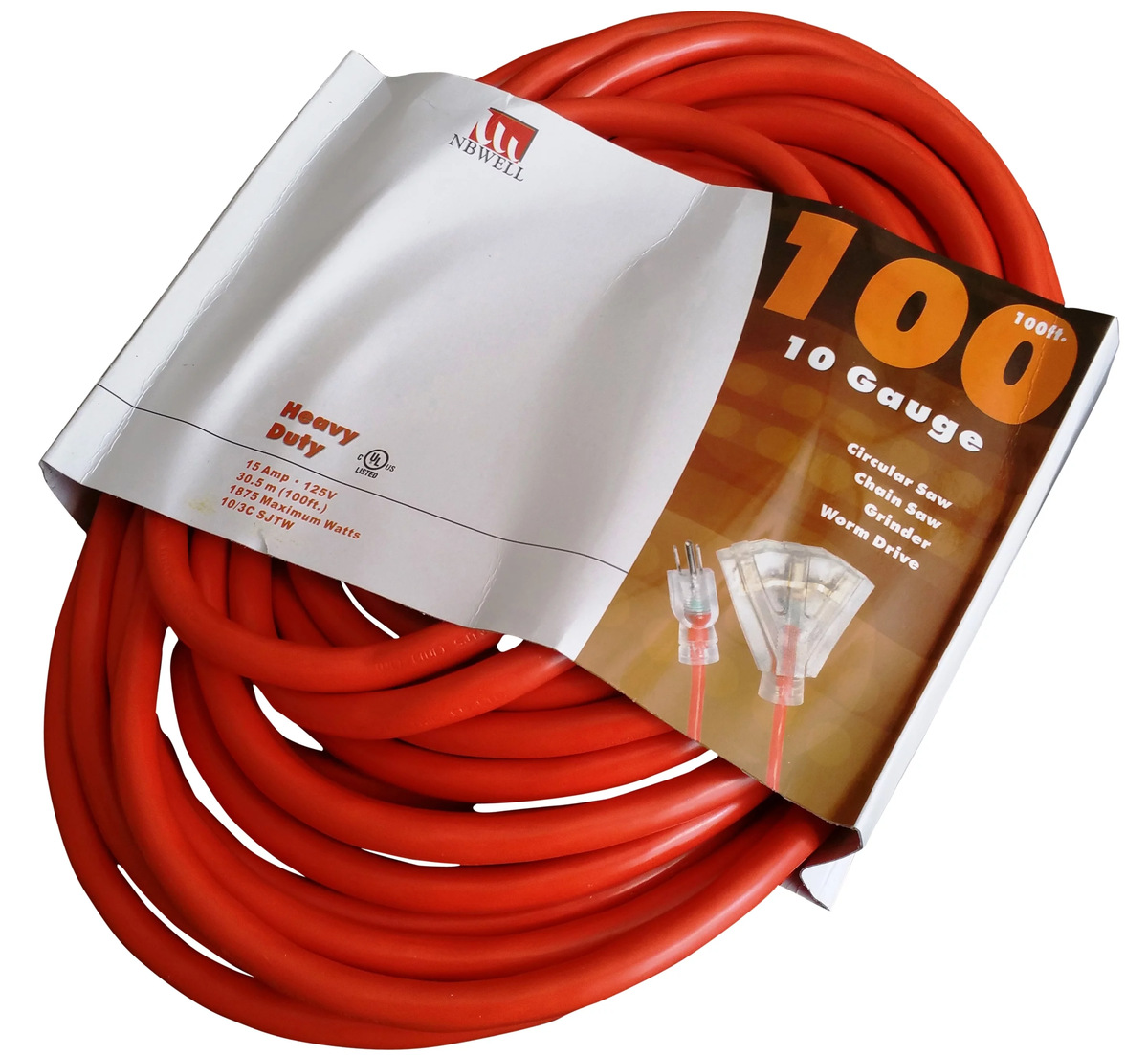

Articles
What Gauge Extension Cord For Washing Machine
Modified: August 27, 2024
Find out the recommended gauge of extension cord for your washing machine with our informative articles. Learn how to choose the right cord to ensure safety and optimal performance.
(Many of the links in this article redirect to a specific reviewed product. Your purchase of these products through affiliate links helps to generate commission for Storables.com, at no extra cost. Learn more)
Introduction
An extension cord is a convenient tool that allows us to bring electricity from one location to another. It helps us to connect devices and appliances without the need for them to be directly plugged into a power outlet. This flexibility is especially useful in situations where the power outlet is too far away or not easily accessible.
When it comes to using an extension cord for a washing machine, it is essential to consider the gauge of the cord. The gauge refers to the thickness of the wires inside the cord. Choosing the right gauge will ensure that the cord can safely handle the power load of the washing machine without overheating or causing any electrical hazards.
In this article, we will explore the different gauge options for washing machine extension cords and provide insights on which gauge is best suited for your needs. Additionally, we will discuss the factors to consider when selecting an extension cord gauge to ensure the safety and optimal performance of your washing machine.
Let’s dive into the world of extension cord gauges and find out the ideal choice for your washing machine!
Key Takeaways:
- Choose a 12 or 14 gauge extension cord for your washing machine to ensure safe and efficient power supply, considering power rating and distance. Keep the cord as short as possible for optimal performance.
- Consider power requirements, distance, amperage, safety features, and environmental factors when selecting an extension cord gauge for your washing machine. Prioritize safety, efficiency, and performance.
Read more: What Gauge Is An Extension Cord
Understanding Extension Cord Gauges
Extension cord gauges are measured by numerical values, typically ranging from 10 to 18. The lower the gauge number, the thicker the wires inside the cord. Thicker wires have a higher capacity for handling electrical current, making them suitable for devices with higher power requirements.
When it comes to washing machines, they usually have a substantial power demand due to their motor and heating elements. It is crucial to select an extension cord with an appropriate gauge to ensure a safe and efficient power supply to your washing machine.
Here is a breakdown of the most common extension cord gauges and their recommended uses:
- 10 Gauge: This is the thickest and most heavy-duty extension cord gauge. It is capable of handling high power loads and is suitable for industrial equipment or large appliances such as air conditioners or power tools.
- 12 Gauge: This gauge is commonly used for heavy-duty applications and appliances that require considerable power, such as refrigerators or freezers.
- 14 Gauge: This gauge is a good all-purpose option for household appliances, power tools, and electronics with moderate power requirements.
- 16 Gauge: This gauge is suitable for smaller appliances and devices like lamps, fans, and chargers. It is commonly used for light-duty applications.
- 18 Gauge: This gauge is the thinnest and typically used for low-power devices like radios, clocks, and small electronics.
It is important to note that as the gauge number increases, the cord’s length and the distance between the power outlet and the device can impact its effectiveness. Longer cord lengths can lead to voltage drops, reducing the power supply to the device. Therefore, it is advisable to use the shortest length of extension cord necessary for your washing machine.
Now that we have a better understanding of extension cord gauges, let’s explore the recommended gauge for washing machine extension cords in the next section.
Recommended Gauge for Washing Machine Extension Cord
When it comes to selecting the appropriate gauge for a washing machine extension cord, it is crucial to consider the power requirements and the distance between the power outlet and the washing machine. Generally, for most household washing machines, a 12 or 14 gauge extension cord is recommended.
Washing machines typically have a power rating ranging from 500 to 1500 watts, depending on the model and features. A 12-gauge extension cord can safely handle higher power loads and is suitable for washing machines with power ratings up to 1500 watts. This gauge provides a robust power supply, minimizing the risk of overheating or power loss.
If your washing machine has a lower power rating or you have a shorter distance between the power outlet and the appliance, a 14-gauge extension cord can be a suitable choice. It offers sufficient power capacity for washing machines with power ratings up to 1000 watts.
It is important to note that the length of the extension cord also plays a crucial role in determining the appropriate gauge. As mentioned earlier, longer cord lengths can result in voltage drops, which can affect the overall performance of the washing machine. Therefore, it is advisable to keep the extension cord as short as possible to maintain optimal power supply.
Additionally, it is recommended to use extension cords that are specifically designed for outdoor use if you are using them in damp or wet areas, such as laundry rooms or outdoor washing machine installations. Outdoor-rated extension cords have added insulation and are designed to withstand moisture, reducing the risk of electrical hazards.
In summary, the recommended gauge for a washing machine extension cord is generally a 12 or 14 gauge, depending on the power rating of the washing machine and the distance between the power outlet and the appliance. Keeping the extension cord as short as possible and opting for outdoor-rated cords in appropriate settings will further ensure safety and optimal performance.
Use a 14-gauge extension cord for a washing machine. Thicker cords (lower gauge numbers) can handle higher power loads without overheating. Always check the appliance’s power requirements and the cord’s capacity.
Factors to Consider when Choosing an Extension Cord Gauge
When selecting an extension cord gauge for your washing machine, there are several important factors to consider to ensure safety, efficiency, and optimal performance. Let’s explore these factors in detail:
1. Power Requirements: Take into account the power rating of your washing machine. Higher-powered machines will require a thicker gauge to handle the load effectively. Refer to the manufacturer’s specifications or the user manual to determine the power requirements of your appliance.
2. Distance: Consider the distance between the power outlet and the washing machine. Longer distances can result in voltage drops, which can affect the appliance’s performance. Choose a gauge that can compensate for the distance without compromising the power supply.
3. Amperage: Determine the amperage rating of your washing machine. Amperage measures the amount of current flowing through the circuit. Ensure that the extension cord gauge can handle the amperage without overheating or causing any electrical issues.
4. Cord Length: Keep the extension cord as short as possible to minimize voltage drops and maximize power efficiency. Using a longer cord than necessary can lead to unnecessary energy loss and potential hazards.
5. Wire Material: Consider the material of the wire used in the extension cord. Copper wires are the most common choice due to their excellent conductivity. Avoid extension cords with aluminum wiring, as they have higher resistance and are not as efficient in carrying electricity.
6. Safety Features: Look for extension cords with built-in safety features such as surge protection, grounded plugs, and UL (Underwriters Laboratories) or ETL (Electrical Testing Laboratories) certifications. These features provide added protection against electrical faults and minimize the risk of damage to your washing machine.
7. Environmental Factors: If you plan to use the extension cord in outdoor or wet environments, select a cord that is specifically designed for outdoor use. These cords are weather-resistant and come with additional insulation to ensure safe operation even in damp conditions.
8. Personal Usage: Consider your specific needs and usage patterns. If you frequently move your washing machine or require flexibility, choose an extension cord with a longer length and a manageable gauge that suits your requirements.
By considering these factors, you can confidently choose the right gauge for your washing machine extension cord, ensuring a safe and efficient power supply to your appliance.
Conclusion
Choosing the correct gauge for your washing machine extension cord is essential for ensuring the safety, efficiency, and optimal performance of your appliance. By understanding extension cord gauges, considering the power requirements and distance, and taking other factors into account, you can make an informed decision.
For most household washing machines, a 12 or 14 gauge extension cord is recommended. The 12-gauge cord provides a robust power supply for machines with power ratings up to 1500 watts, while the 14-gauge option is suitable for those with power ratings up to 1000 watts.
Remember to keep the extension cord as short as possible to reduce voltage drops and maximize power efficiency. Additionally, consider the amperage rating, safety features, wire material, and any environmental factors that may impact the cord’s performance.
By carefully selecting the appropriate gauge and considering these factors, you can ensure that your washing machine operates safely and effectively without any electrical hazards or performance issues.
It is always advisable to read the manufacturer’s recommendations and guidelines regarding extension cord usage for your specific washing machine model. Following these guidelines will help you make an informed decision and ensure the longevity and reliable operation of your washing machine.
Now that you have a better understanding of extension cord gauges and the factors to consider, you can confidently choose the right gauge for your washing machine extension cord, providing a safe and efficient power supply to your appliance for years to come.
Curious about where all your laundry goes? Our next piece unpacks everything you need to know about the essentials of a laundry room. We don’t stop at just washing machines; find out why heavy-duty extension cords are crucial for powering up your high-demand appliances safely and efficiently. Don’t miss out on these insightful reads that are sure to make your home management chores a breeze!
Frequently Asked Questions about What Gauge Extension Cord For Washing Machine
Was this page helpful?
At Storables.com, we guarantee accurate and reliable information. Our content, validated by Expert Board Contributors, is crafted following stringent Editorial Policies. We're committed to providing you with well-researched, expert-backed insights for all your informational needs.
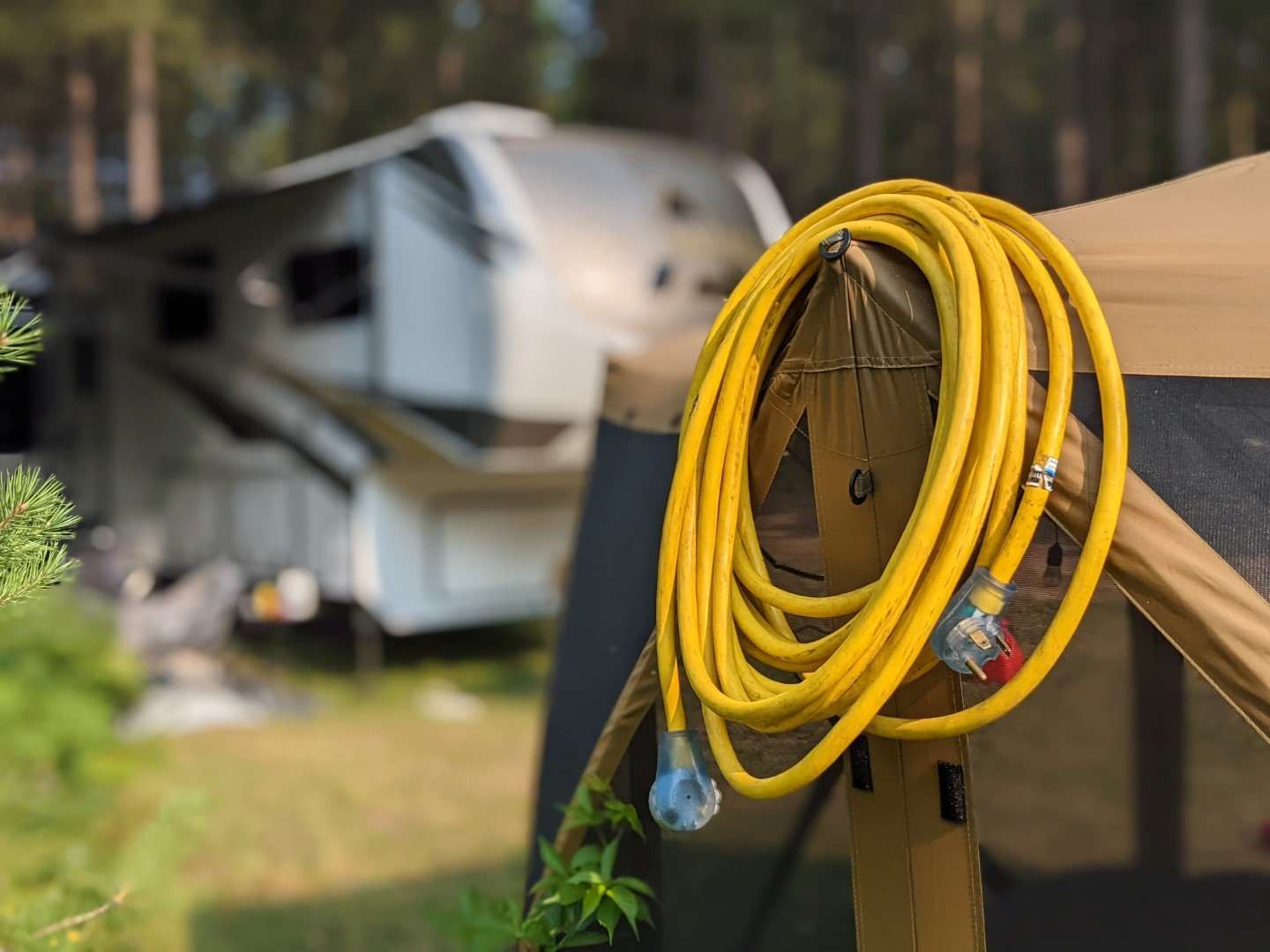
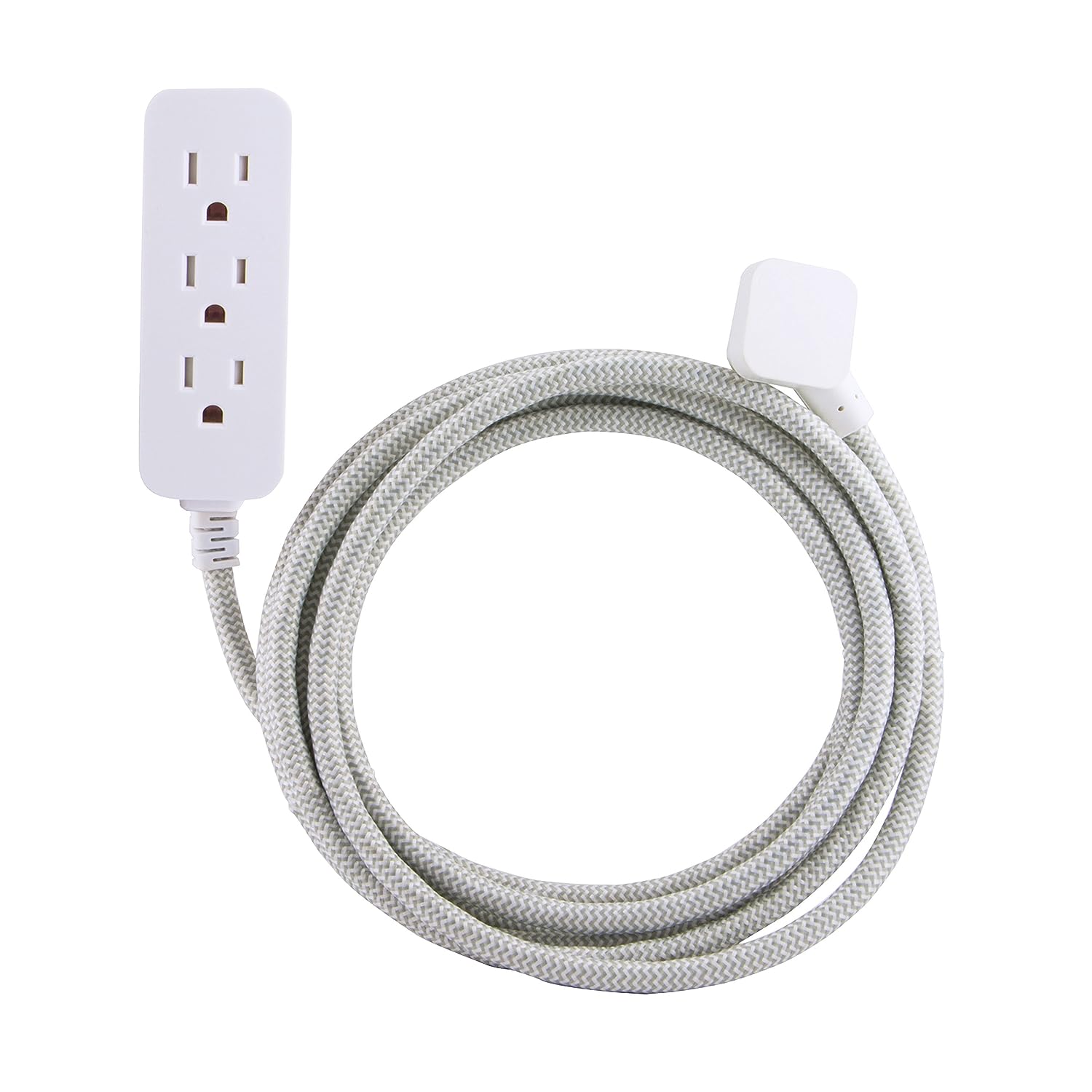
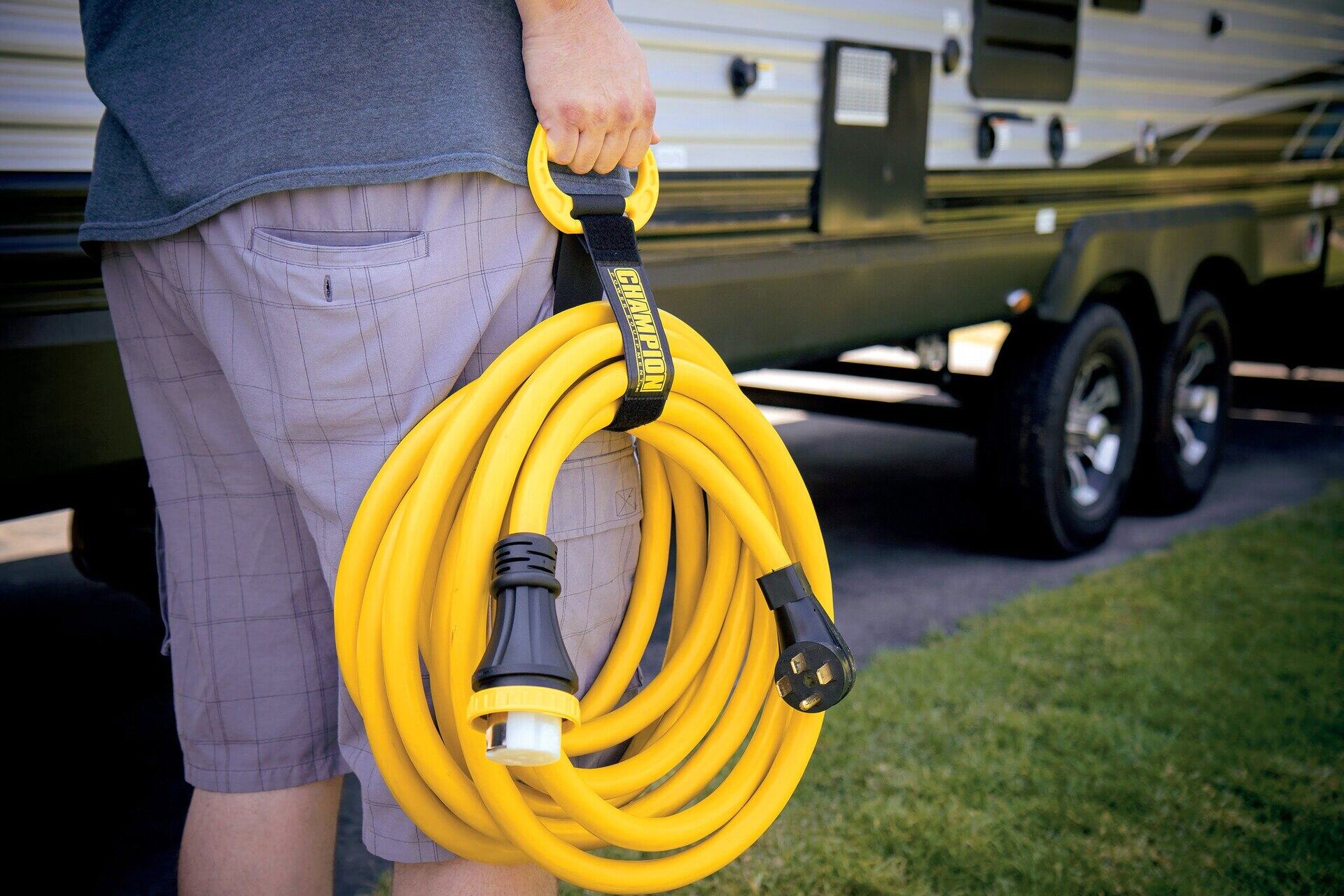
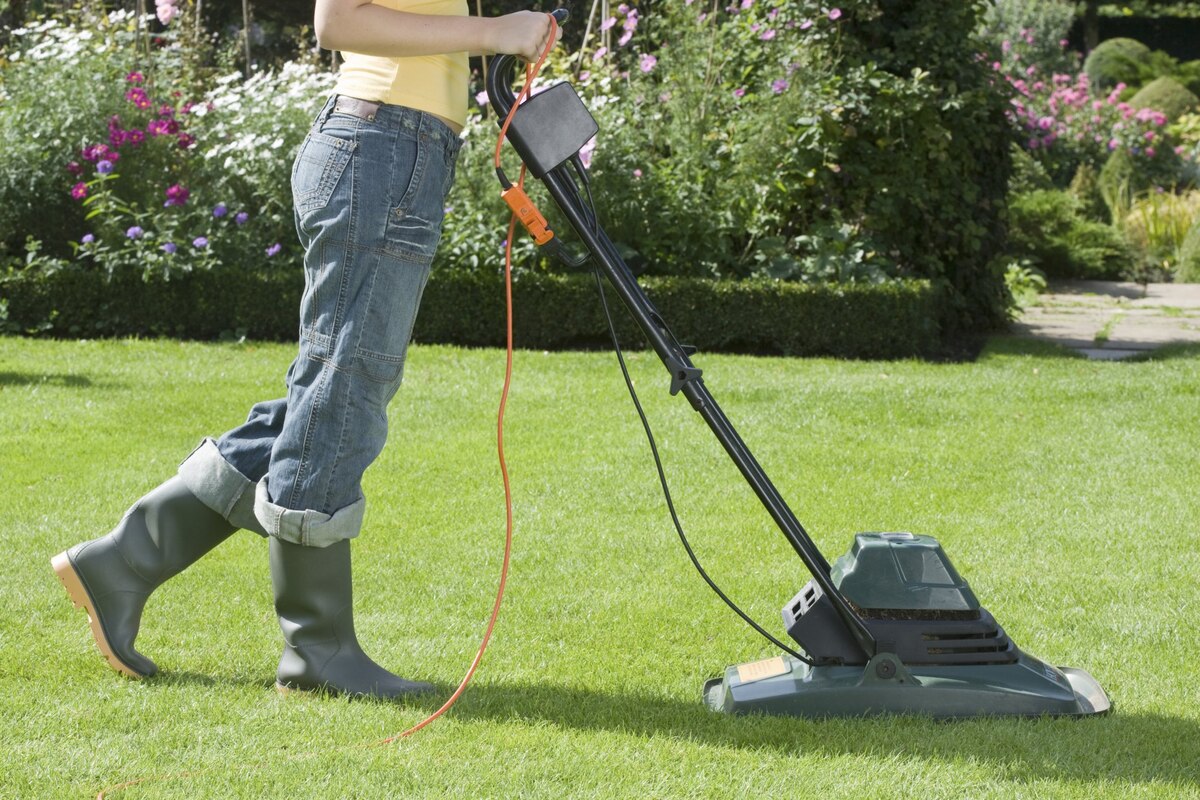
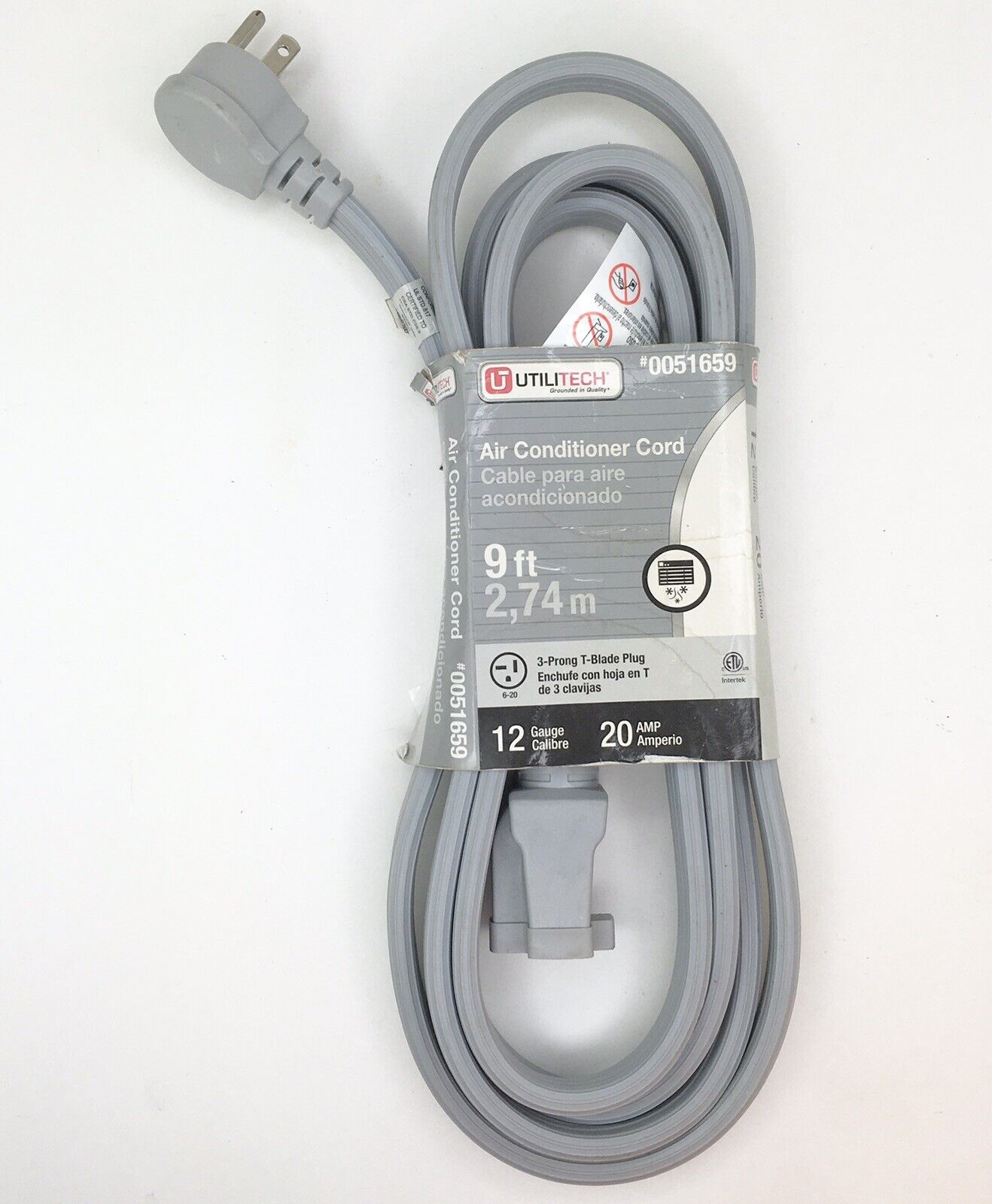
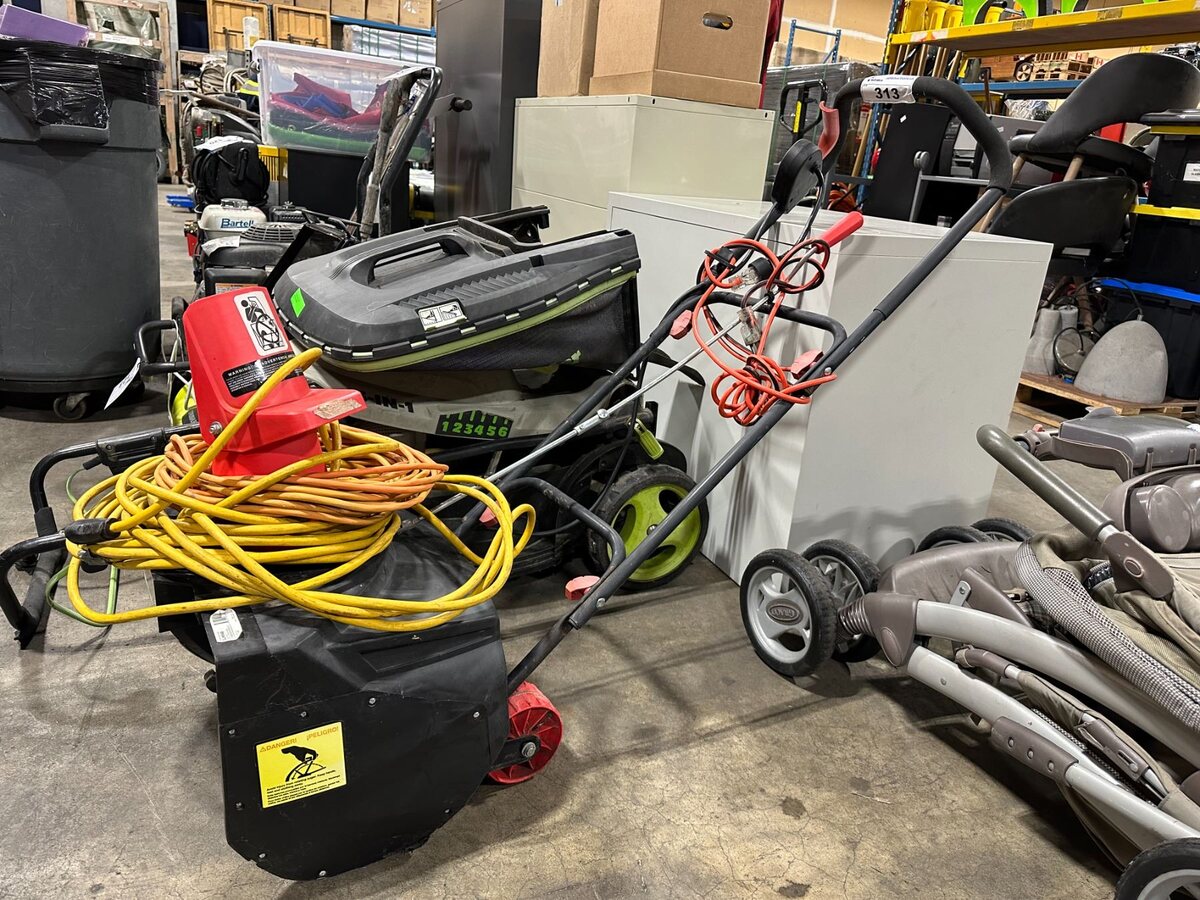
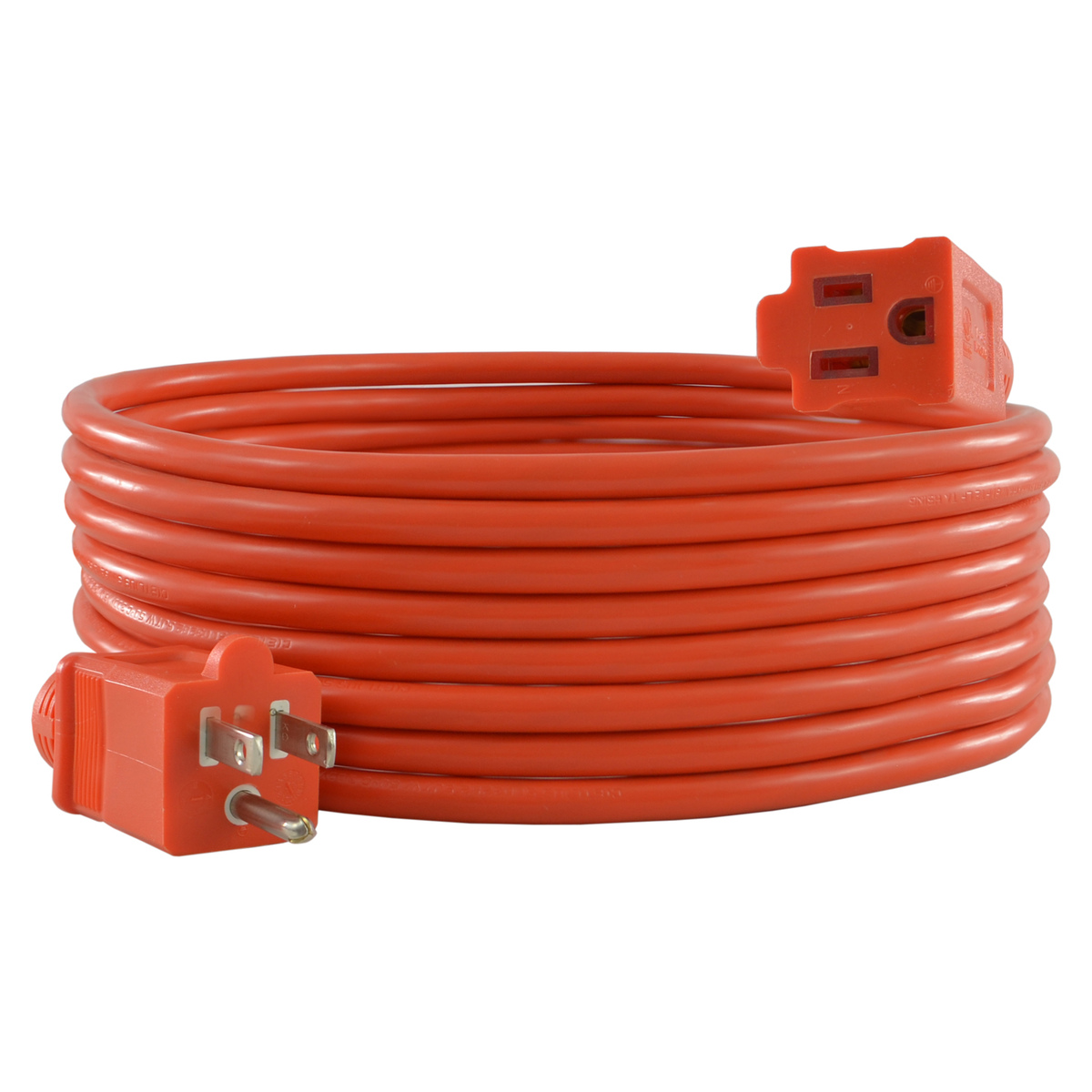
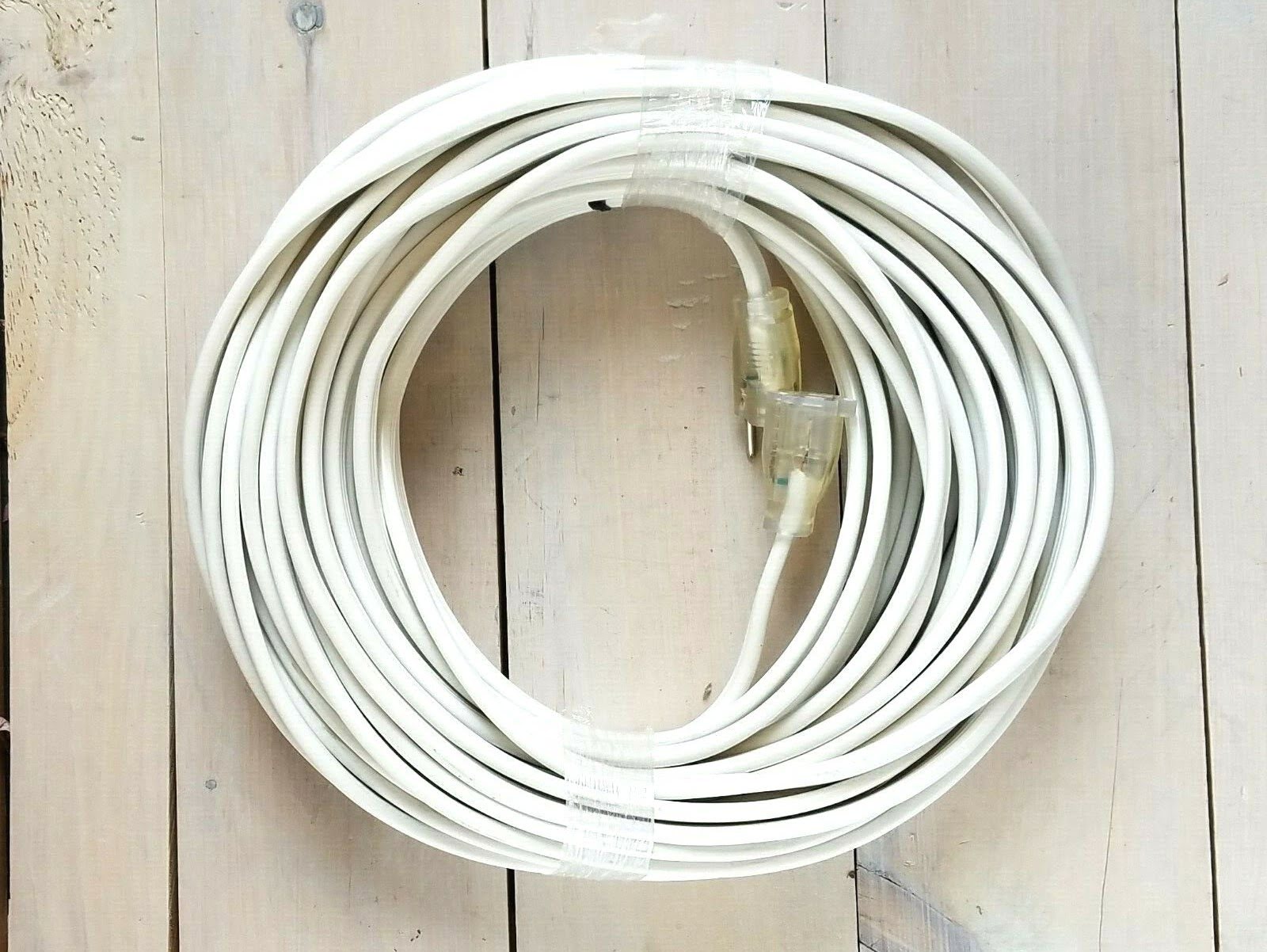
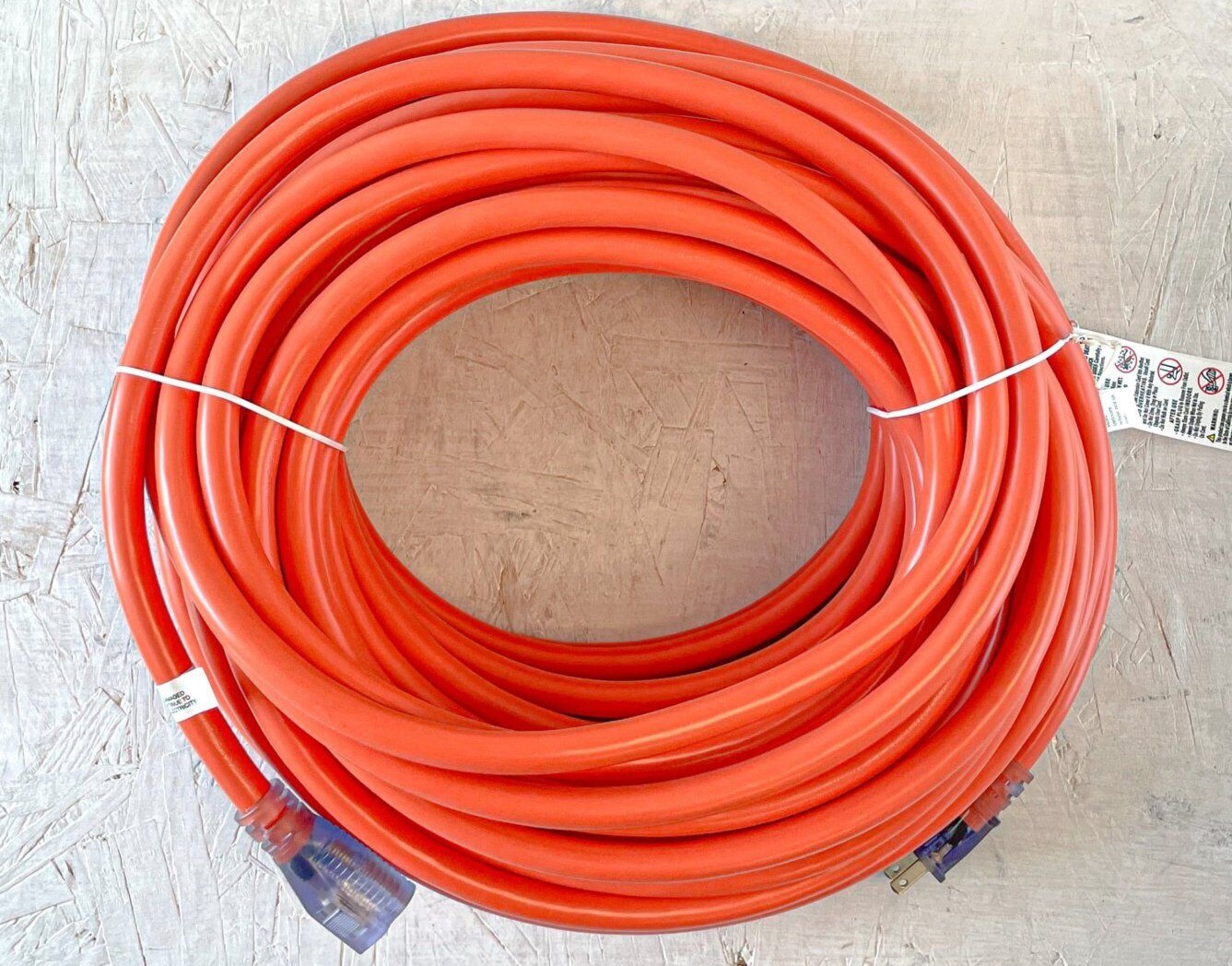
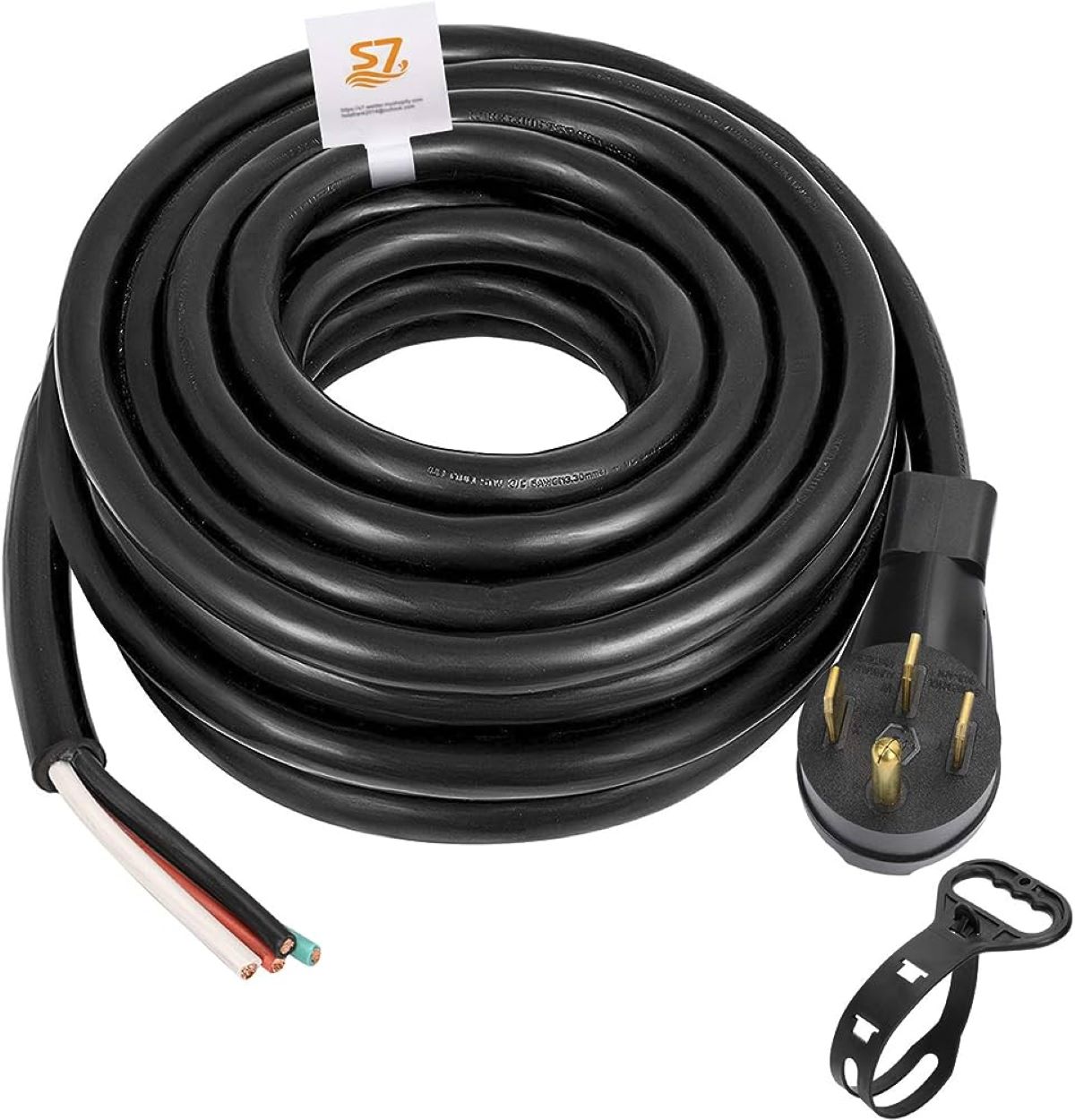
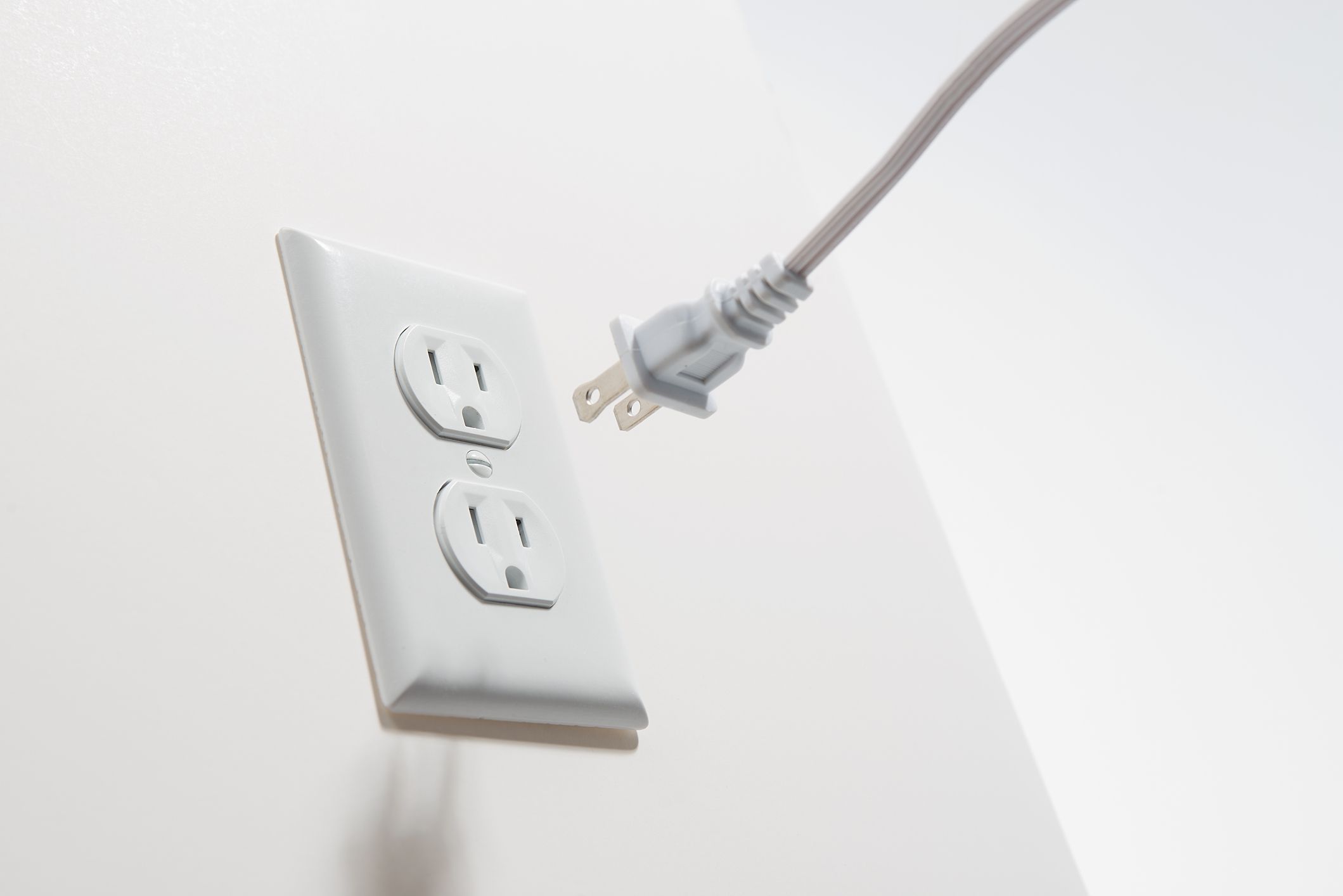
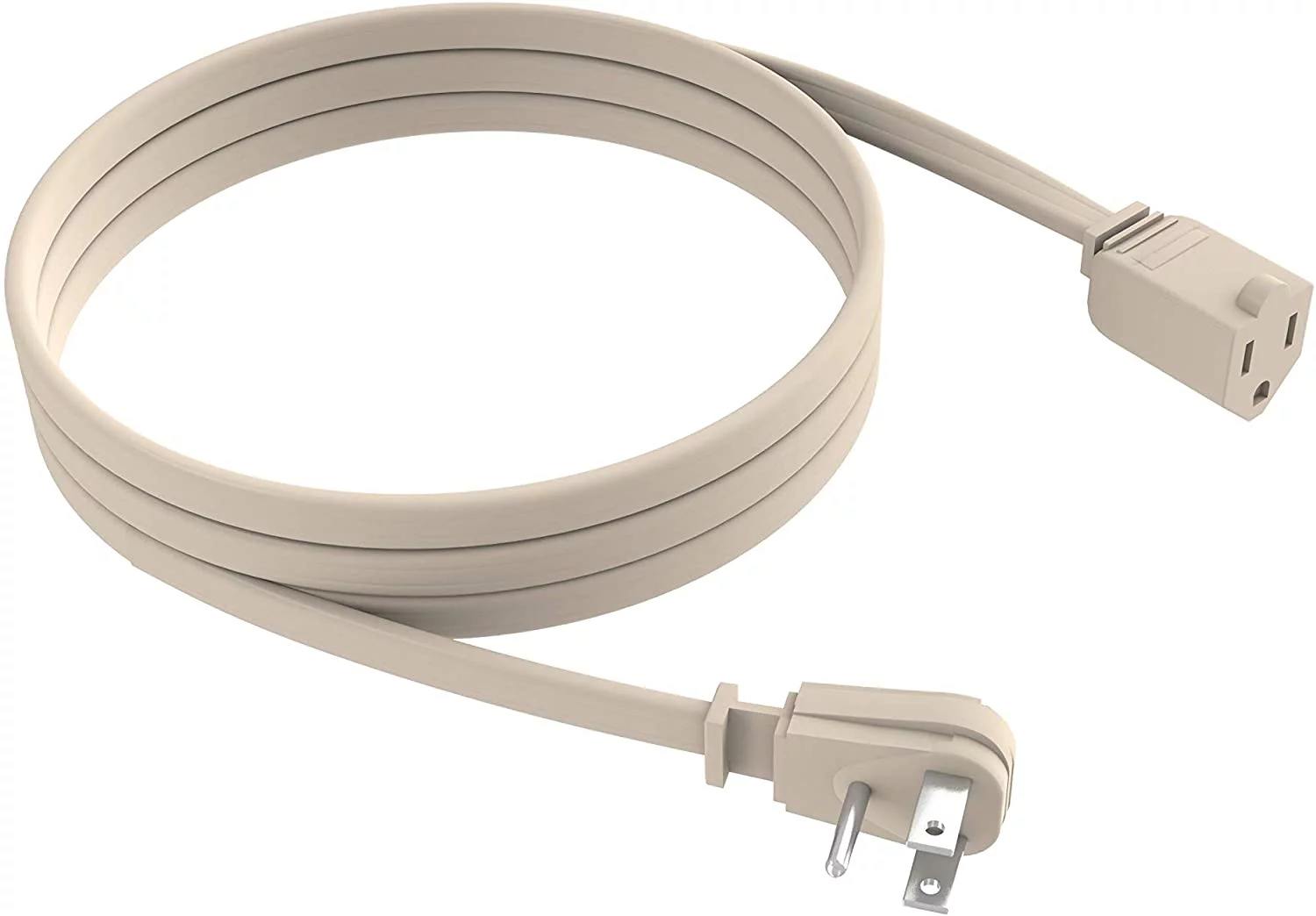
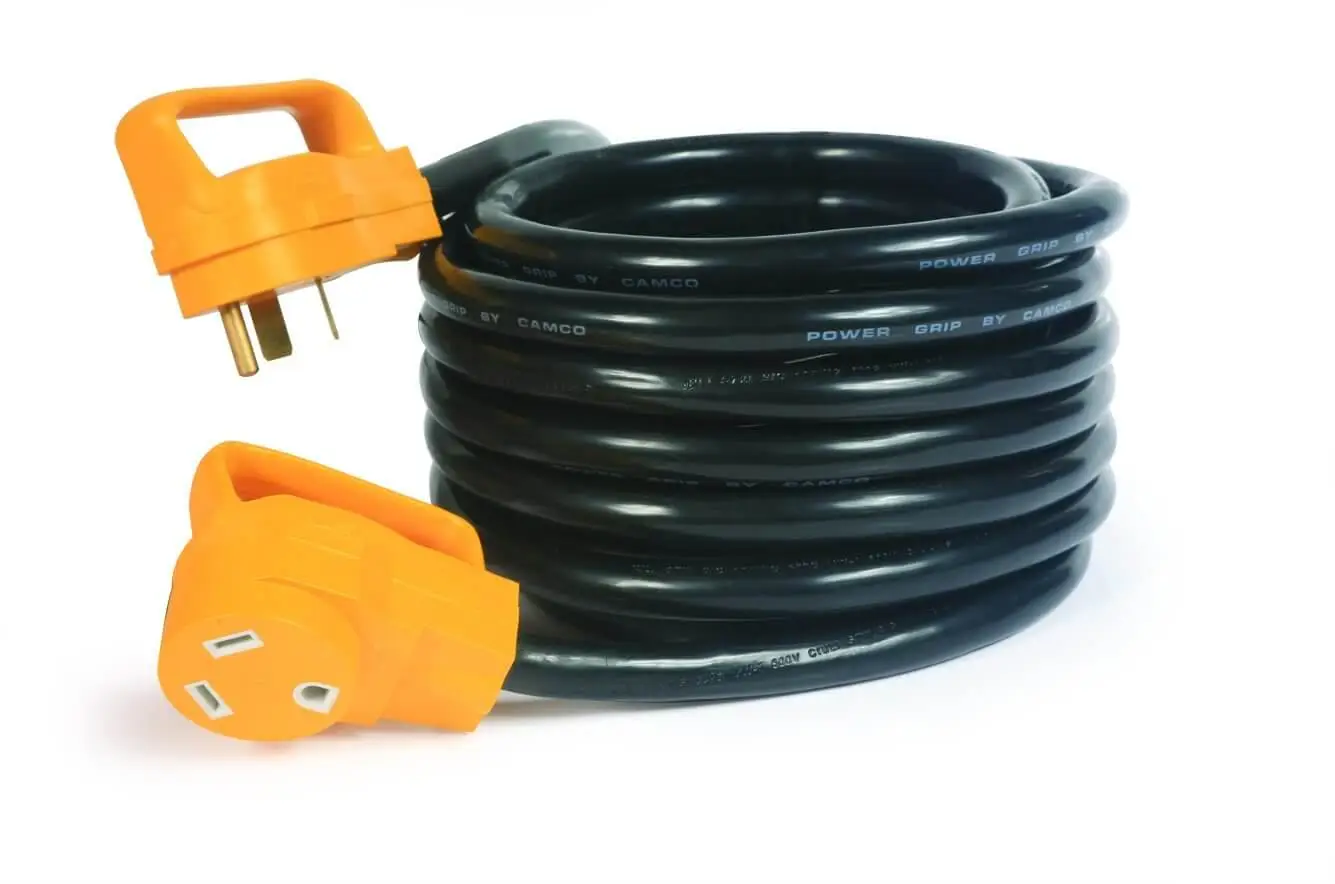
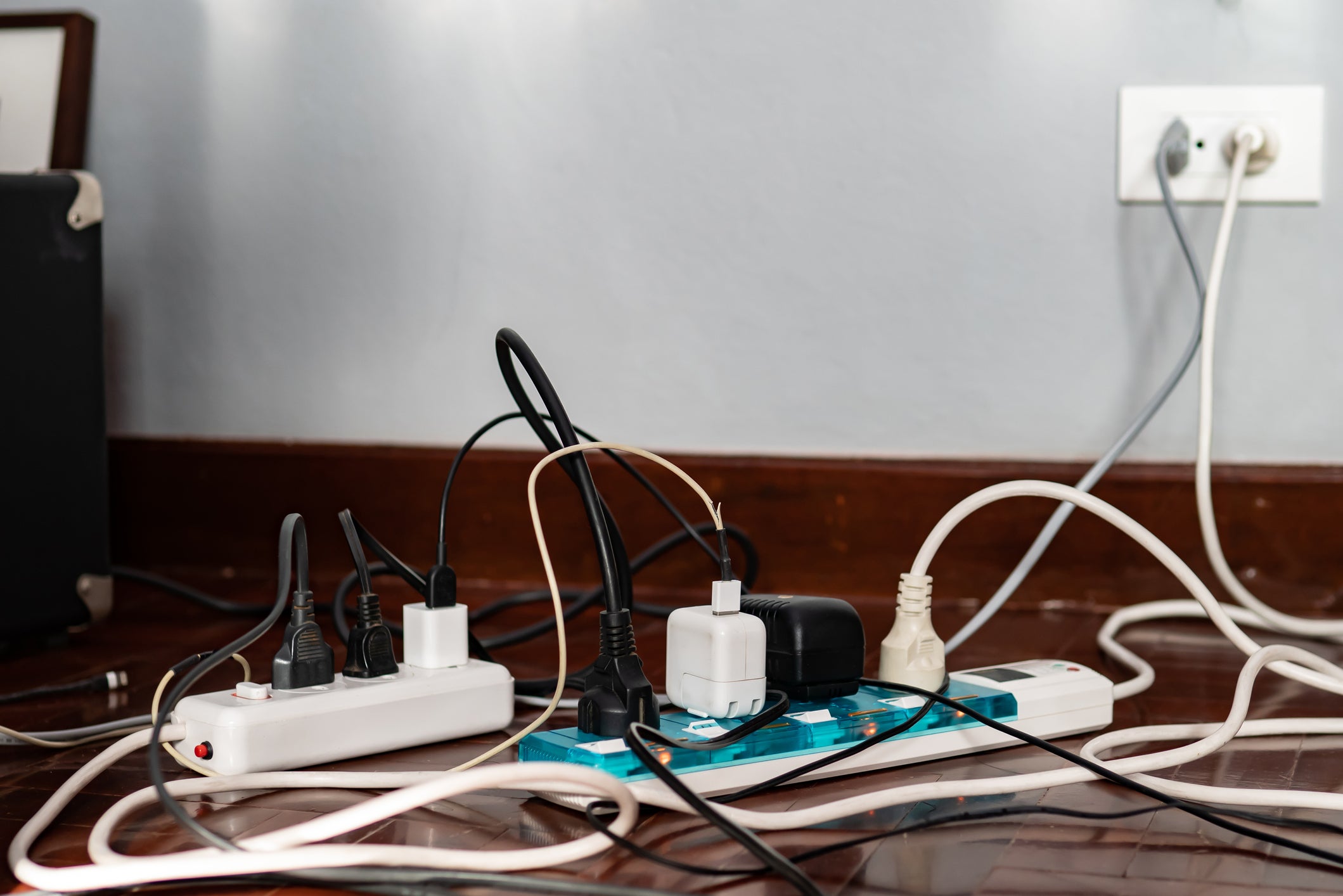
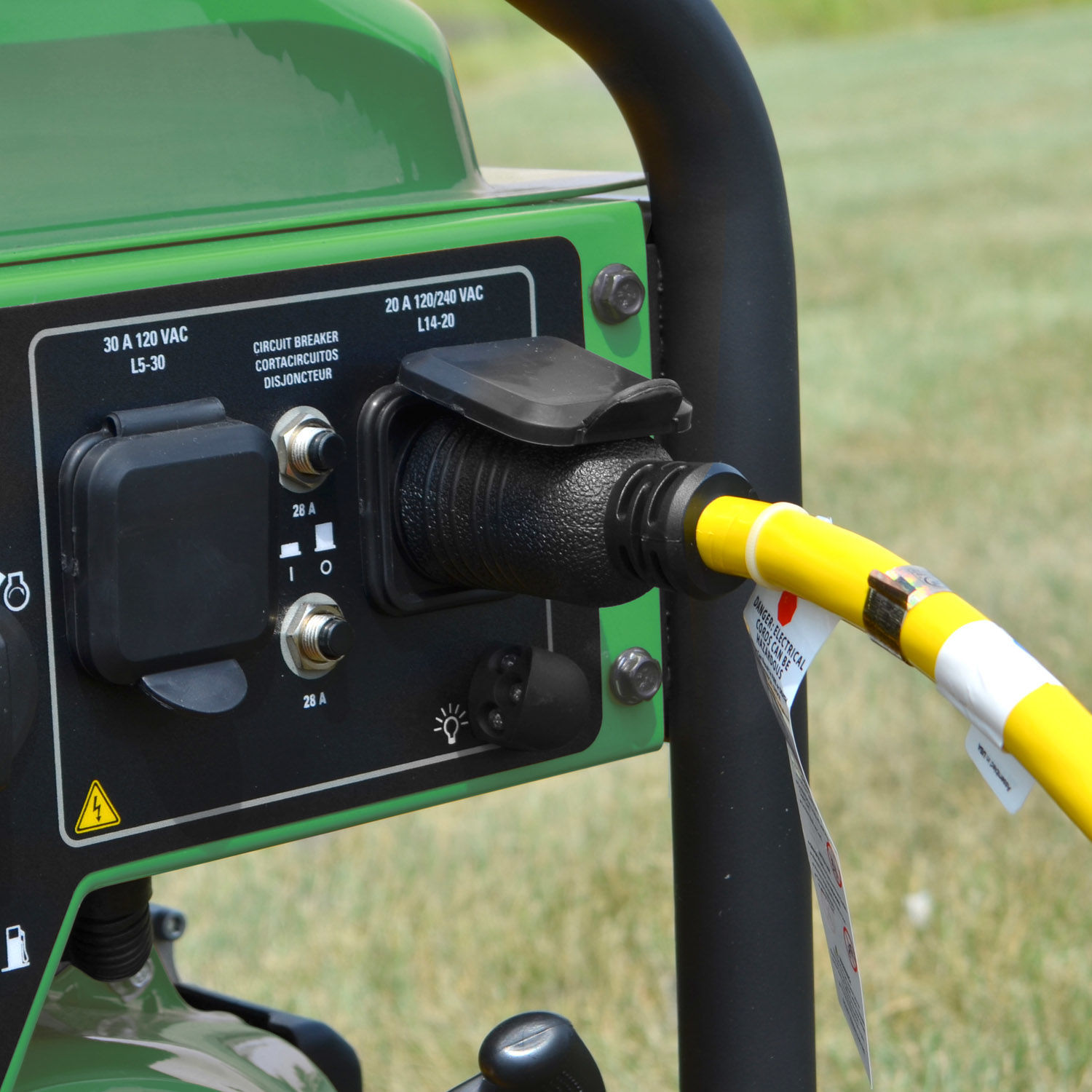

0 thoughts on “What Gauge Extension Cord For Washing Machine”